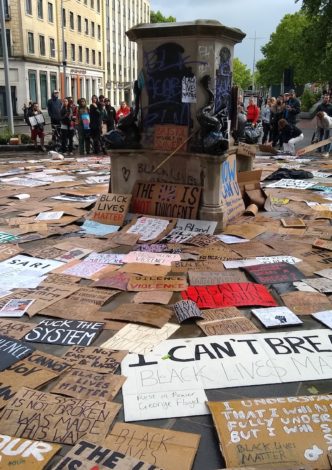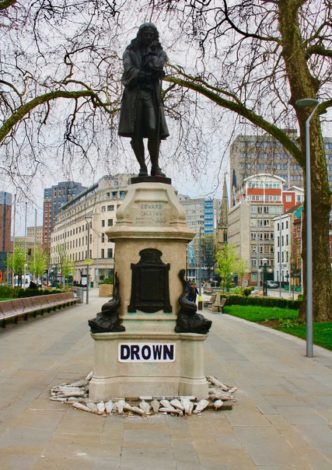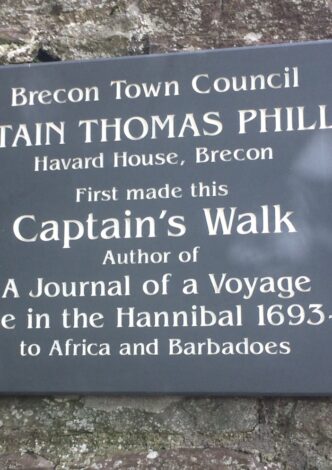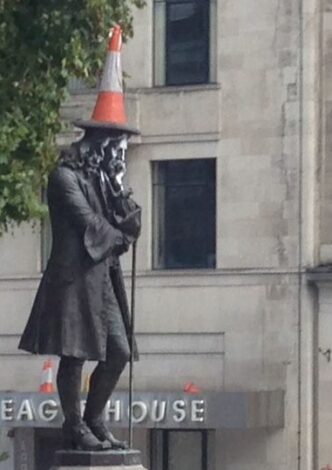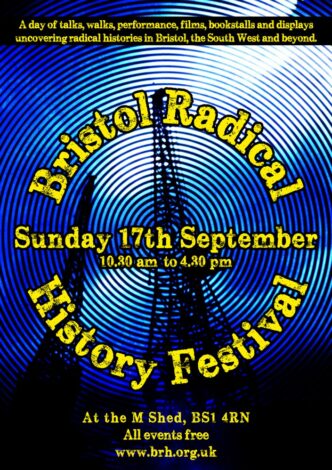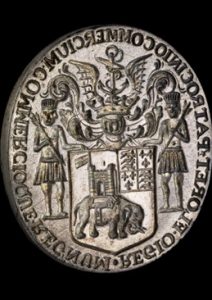Bristol History Commission – some questions….
By Randell Brantley
In the aftermath of the pulling down of the statue of slave-trader Edward Colston on 7th June, elected Mayor Marvin Rees announced the formation of a 'History Commission' to "help us tell our full city history" and to "shape the future of Bristol". Since the announcement we have waited for some clarity about the Commission, its members, processes, timescales and remit but none have appeared. Several people have asked questions of the Mayor's Office but received no answers (as yet). As Bristol […]


